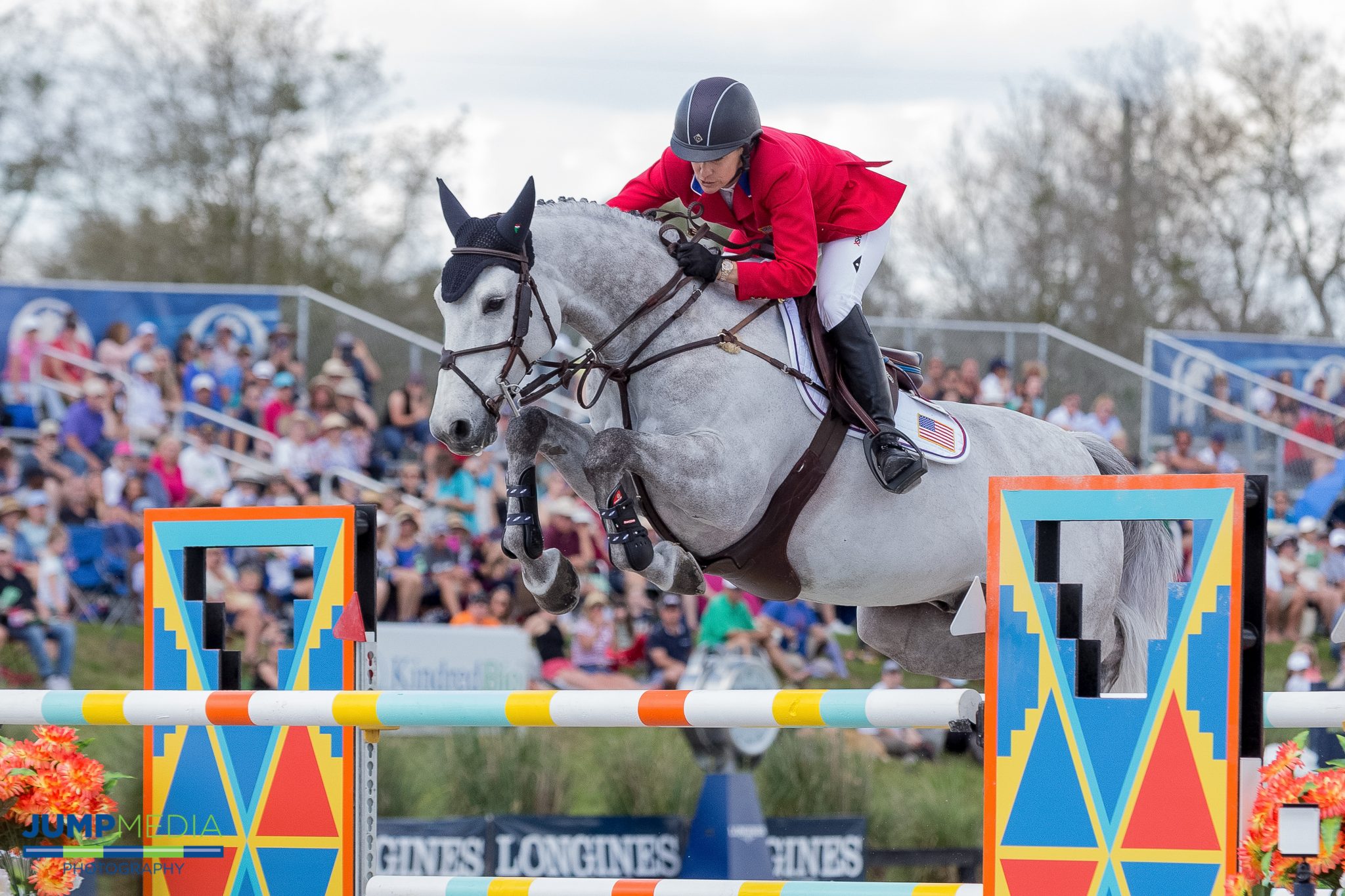
Managing Horses in Multiple Locations with Laura Kraut
A month ago, Laura Kraut rode on the U.S. Nations Cup team at the CSIO5* Ocala in Ocala, FL. Three weeks ago she was contesting the Sunshine Tour in Spain, and this week, she is back in Wellington, FL, to compete at the Winter Equestrian Festival (WEF) – only to go back to Spain again on Sunday, March 18.
It’s a busy travel and horse show schedule that could feel difficult by anyone’s standards. For Kraut however, it’s made easier – and even what she describes as
(almost) somewhat relaxing – thanks to the team behind her that understands and exhibits a few key components and characteristics. She shared with BarnManager what a team needs to make managing horses across continents a simpler task.
Compatibility
“You’ve got to be compatible with your team first of all no matter what. I’m very fortunate in that I have my sister who is like having me. I know that what she’s doing is what I would want done. When she’s at a different location than I am, I don’t really have any worries.”
Kraut’s sister, Mary Elizabeth Kent, is the one on the ground in Wellington, FL, where she oversees the approximately 14 horses that they currently have competing at WEF. In Spain, it’s Kraut’s lead rider, Julie Welles, who is in charge of the 18 horses there when Kraut is back in the States.
“They have to be people that you want to work with. I think that’s one of the reasons that Julie has worked really well – because we are all compatible.”
Credentials
“They’ve got to have the credentials. If they’re going to be a rider than you’ve got to respect the way they ride, and if they’re going to manage, you have to have the basic same philosophy of how things are done.
“You’ve got to have people riding your horses that you feel will, at the very least, keep them where you left them or for the better improve them and keep their condition good and their flatwork good.”
For Kraut, she can trust that her horses will all receive the constructive, positive rides that they need from her sister and Welles, who rides the horses in Spain and many of the young horses throughout the year.
Care
In addition to having Kent and Welles at the wheel when Kraut is not on site, the horses are all under the care of well-qualified and knowledgeable grooms.
“It works perfectly. We’ve got enough grooms in each location to help keep the horses looked after the way that they need to be”
And whether it’s a groom, Kent, or Welles, there’s one thing that it is crucial for all of them: “The health of that horse. They’ve got to be on top of that. They have to be paying attention to whether they feel good or whether they feel a little stiff or if one is lame, and they have to be able to make a decision about that. Obviously they consult with me, or my sister, but at the end, you have to rely on them to make a good decision.”
Making those decisions, consulting one another, and all staying on the same page leads to one of the most important components that make everything possible:
communication.
Communication
Kraut, Kent, Welles, and the entire team stay closely connected no matter what location they each are in, and they are constantly communicating and consulting with one another on the day-to- day, what is best for each horse, and how each horse is
performing.
“You asked me about what the difficulties are with managing horses in different locations, and I think the struggle would be if you didn’t have the staff in place to communicate with and to execute the whole thing. For me, I’m very fortunate in that I have that, so it eliminates any worries.”
BarnManager is designed to be a part of your team, with the compatibility and credentials necessary to improve communication, simplify the management of horses, and get you out of the office, off the phone calls, and into the barn with the horses you care about! Sign up to start your free trial and to find out more here!